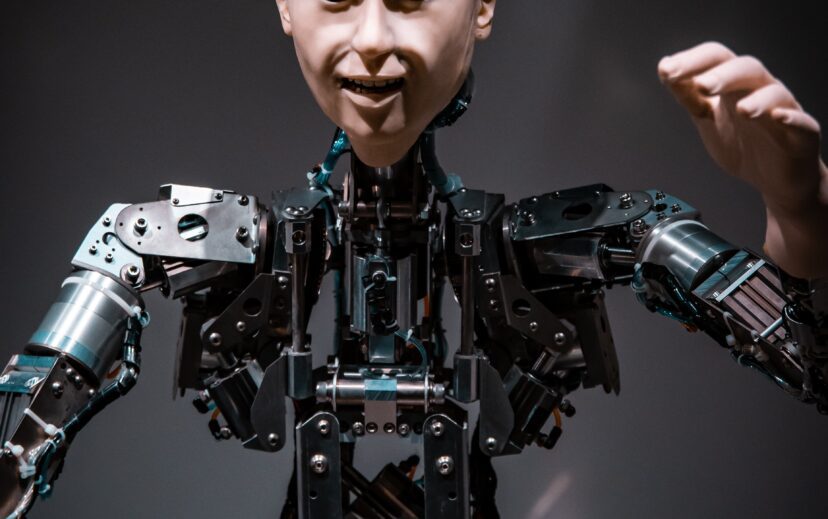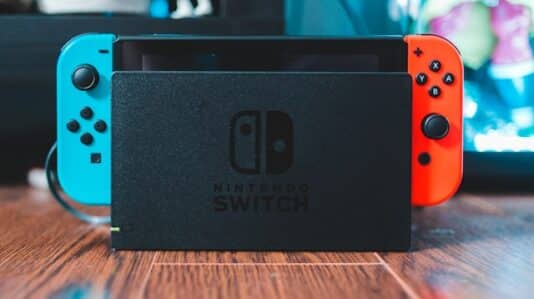Artificial intelligence (AI) can produce works that mimic the style, tone and substance of human-created content, which creates both opportunities and challenges for creators. One such challenge arises when AI copies your work, leading to complex questions about intellectual property rights and ownership. Recently, creators like Sarah Silverman and Universal Music Group (on behalf of Drake and the Weeknd), among others, have taken legal action claiming that AI copied their works. Consulting with an experienced intellectual property attorney can help shed light on your rights if AI copies your work.
Why would AI copy my work?
AI systems like ChatGPT and DALL-E are generative AI, meaning that the technology creates text or an image (or music, or a video, etc.) in response to a prompt. In order to produce these new works, generative AI requires large datasets from which to identify patterns and “learn” how to appropriately respond to a prompt. As a result, if your work is available online, there is a good chance that some form of AI has been trained using your creation. If you are curious to know, you can visit the website haveibeentrained.com, which was created by a group of artists to allow the public to check if their artwork was used to train AI.
How is AI copying my work?
Most AI is trained to create works by using data and metadata gathered by AI web scraping. An AI web scraper is a tool that automatically collects data – in the form of text, images, videos, sound files and more – from websites. Every piece of data online also has metadata, which are labels describing that data. For example, an image of a city street posted online might be labeled with metadata including “photograph” “streetlight,” “people,” “cars,” “building,” along with the name of the person who posted the image, the date the image was taken, what kind of camera was used, etc.
When an AI is trained using your data, the AI may produce an output that closely resembles your existing work. Sometimes, this is the point; ChatGPT can create a dinner menu written in the style of Stephen King, MuseNet can create a rap verse that sounds like Dolly Parton is on the microphone and Midjourney can create an image of an iPhone that looks as if it was painted by Botticelli. But generally, AI is being trained to create works based on the averages of huge datasets, which is supposed to lessen the risk that AI creates an infringing work that copies your own.
How can I protect my work online?
To protect your rights before AI copies your work, consider the following:
- Register your work with the Copyright Office: Copyright registration is a relatively simple and inexpensive process that allows you to pursue all available remedies in case of infringement.
- Watermark and metadata: Include watermarks, digital signatures, and metadata in your work before posting it online to help establish its authenticity and origin.
- Be proactive about protecting your work online: There are new platforms being developed, such as Glaze, that “cloak” your work from AI using technology that interferes with AI’s ability to read data and making it harder for AI to copy your work.
- Explore licensing options: Depending on your goals, you might consider licensing your work for AI applications, which can allow you to retain control while benefiting from AI’s capabilities.
What can I do if AI has already copied my work?
Currently, we are seeing the first wave of lawsuits by creators against AI companies. Recent examples include:
- In November 2022, two anonymous software programmers brought a class action lawsuit against GitHub and OpenAI alleging infringement among other claims. See DOE 1 et al. v. GitHub, Inc. et al., Case No. 4:22-cv-06823-JST (N.D. Cal. 2022).
- In January 2023, three artists filed a complaint in the Northern District of California (Andersen v. Stability AI Ltd. et al, No. 3:23-cv-00201) against Midjourney, Stability AI and DeviantArt, each of which have developed AI-based art generators whose models were allegedly trained on billions of web-scraped images without the creators’ consent.
- In February 2023, Getty Images brought a similar lawsuit against Stability AI alleging that the company improperly trained its AI on more than 12 million Getty Images photos without consent.
While the AI companies seem poised to argue a fair use defense to infringement, it is too early to know if this will be successful.
If you see that AI has copied your work, you may want to join a class action lawsuit, like that filed against GitHub and Open AI. Class action lawsuits allow individuals to collectively prosecute cases that would otherwise have been too expensive or inefficient to litigate individually. For this reason, it can be a good choice for creators, who may otherwise not have the financial reasons for a full-scale litigation against a big tech company. Still, it remains to be seen how the law will catch up to the reality that AI is being trained on – and sometimes copying – people’s work without their consent.
Conclusion
As AI continues to reshape various industries, including creative endeavors, the issues around generative AI present a complex and evolving challenge. Navigating this landscape requires a comprehensive understanding of intellectual property and technology law. Reach out to a member of our team to help ensure that your creative contributions are respected and acknowledged, even in an AI-driven world.
Andres Munoz is admitted to practice law in New York and Florida.




